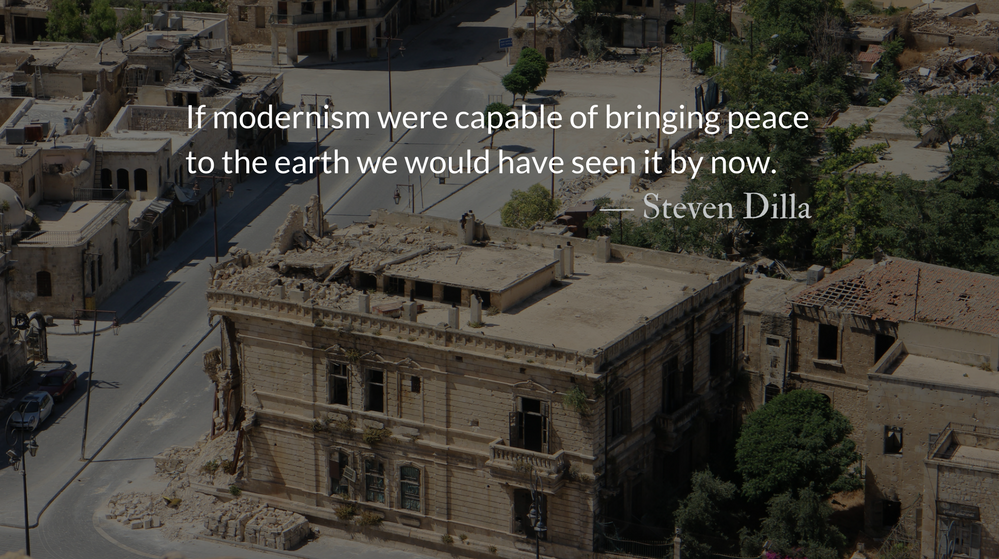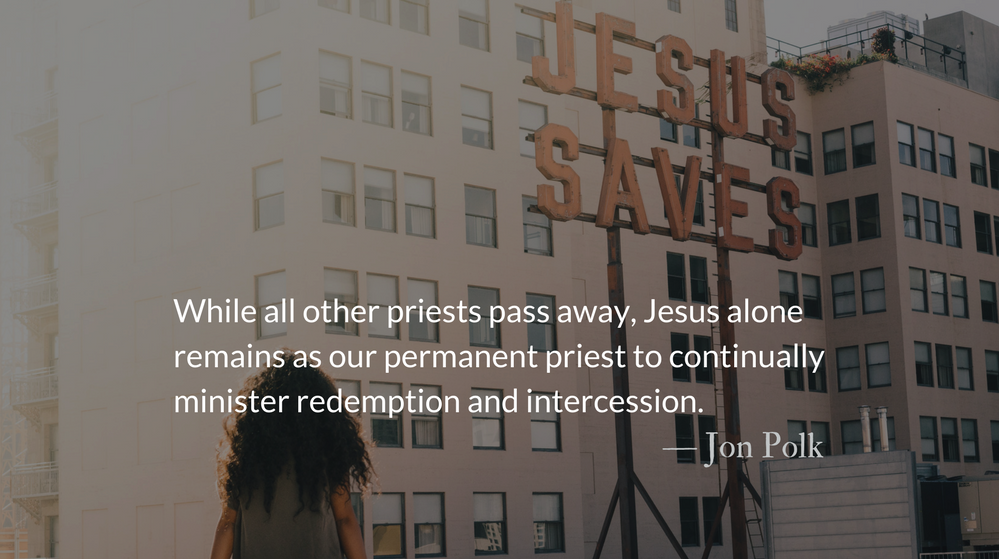Scripture: Hebrews 12:2
Looking unto Jesus the author and finisher of our faith; who for the joy that was set before him endured the cross, despising the shame, and is set down at the right hand of the throne of God.
Reflection: Joy Through Surrender
By Matt Tullos
Joy—The vocation of unquenchable, serene satisfaction in God.
Jesus teaches us courageous surrender. We see Him running headlong into His own demise for the sake of a greater eternal intention and destiny.
Jesus embraced the pain for joy.
He climbed the tall mount of suffering for bliss.
He met every hostile foe for love.
He challenged every lie for truth
The first warrior of grace…
He approached the unapproachable.
And it was for joy.
The first Artist of redemption endured the pinnacle of human suffering, alienation and shame. Amidst meaningless chaos, He hewed purpose out of the hard soil of humanity. Jesus’ hands were true to the task as He demonstrated the law of mercy.
In the presence of enemies, rebels, in the pretext of religiosity, God’s Son stepped out of the far reaches of glory, set His eye on the bride and it was for the joy.
“It is grace at the beginning, and grace at the end. So that when you and I come to lie upon our deathbeds, the one thing that should comfort and help and strengthen us there is the thing that helped us in the beginning. Not what we have been, not what we have done, but the Grace of God in Jesus Christ our Lord.”
D. Martyn Lloyd-Jones
Strangely, surrender is the most fulfilling thing you can ever do. Satisfaction and bliss will never be achieved unless you succumb to the sweetness of a divine relinquishment.
When this surrender overrides your fear, your pride in the self-made life, and the anger you have because of old wounds, joy abounds. You enter into a surrender which leads to death. This is the bliss of a purposeful holy death of your own petty kingdom.
The Cross became the cure.
It was for joy.
It was for love.
It was for us.
How could I hold tightly to my life and miss the joy of reckless worship?
I kneel at the cross and live in joy. I am free to live
the life today that I’ve always wanted to live.
Delivered
Accepted
Released
Chosen
Loved
Free!
The same joy that was set before Christ is now before us. We can look to Him and remember what this life is about. It is a race toward a life surrendered totally to Him and His glory.
Does your sacrifice bring joy or is it an obligatory nod toward a distant God?
What lights the joy flame of your heart?
*From a series Matt Tullos wrote called 39 Words. A few of these posts are available in audio form via Soundcloud. — John
Prayer: The Request for Presence
Arise, O God, maintain your cause. — Psalm 74.21
– Prayer from The Divine Hours: Prayers for Springtime by Phyllis Tickle.
Full prayer available online and in print.
Today’s Readings
Isaiah 5 (Listen – 4:48)
Hebrews 12 (Listen – 4:36)











